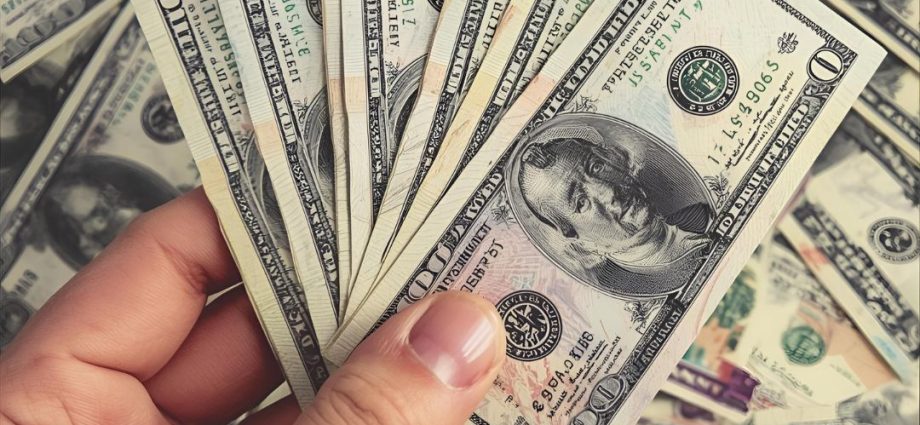Kinshasa — The Democratic Republic of Congo’s new central bank governor, Andre Wameso, has unveiled an ambitious strategy to restore confidence in the Congolese franc (CDF) and curb the country’s overwhelming reliance on the US dollar.
Today, nearly 90% of all transactions in the DRC are conducted in dollars, making the Congolese economy one of the most dollarized in Africa. From copper and cobalt exports to everyday rent payments, restaurant bills, and even airport fees, the dollar dominates. Even wages paid in francs are quickly converted into dollars to protect value.
This dependence stems from decades of financial instability. The scars of the 1990s hyperinflation crisis remain fresh, and the franc continues to trade near record lows against the dollar, according to Bloomberg.
“We need the population to trust its money again”
Speaking to Bloomberg, Wameso stressed that rebuilding confidence in the franc is critical for economic sovereignty:
“If the economy is so dollarized, it’s because we import almost everything we consume. We need the population to trust its money again, because I don’t think we can build a new Congo with a currency other than the national currency.”
Key Measures in Wameso’s Plan
To reduce dollarization and strengthen the financial system, the governor outlined several reforms:
- Establishing a Clearing House: In partnership with the US Treasury, the central bank aims to create a local clearing system for dollar transactions, reducing reliance on correspondent banks abroad and speeding up transfers.
- Reforming Key Sectors: Wameso wants to restructure the social security system and housing market, pushing for construction materials, mortgages, and financing to be denominated in francs.
- Developing Franc-Denominated Securities: The central bank plans to issue bonds and other investment instruments in francs, building a yield curve and encouraging both savings and long-term investment in the local currency.
A Long Road Ahead
Wameso admits the task is enormous. With imports dominating consumption and deep public skepticism toward the franc, de-dollarization will not happen overnight. But he argues that restoring trust in the national currency is essential to building a stable, independent, and resilient economy.
Strengthening the franc, he says, is not just about economics — it is about national identity, financial sovereignty, and protecting the Congolese economy from external shocks.















